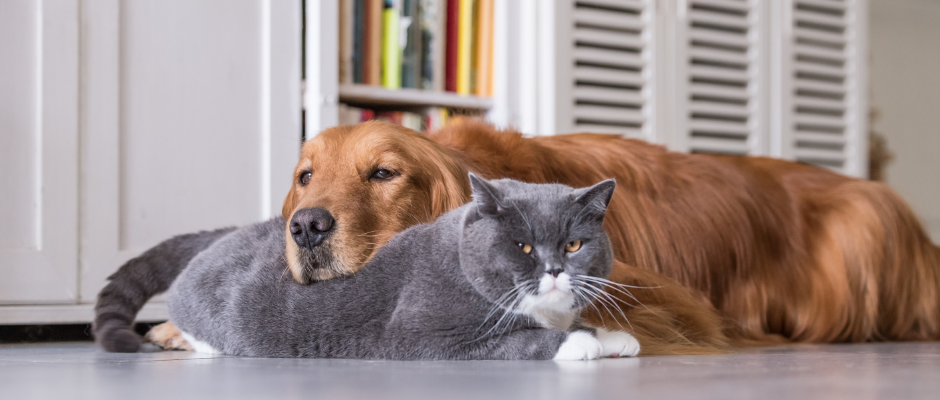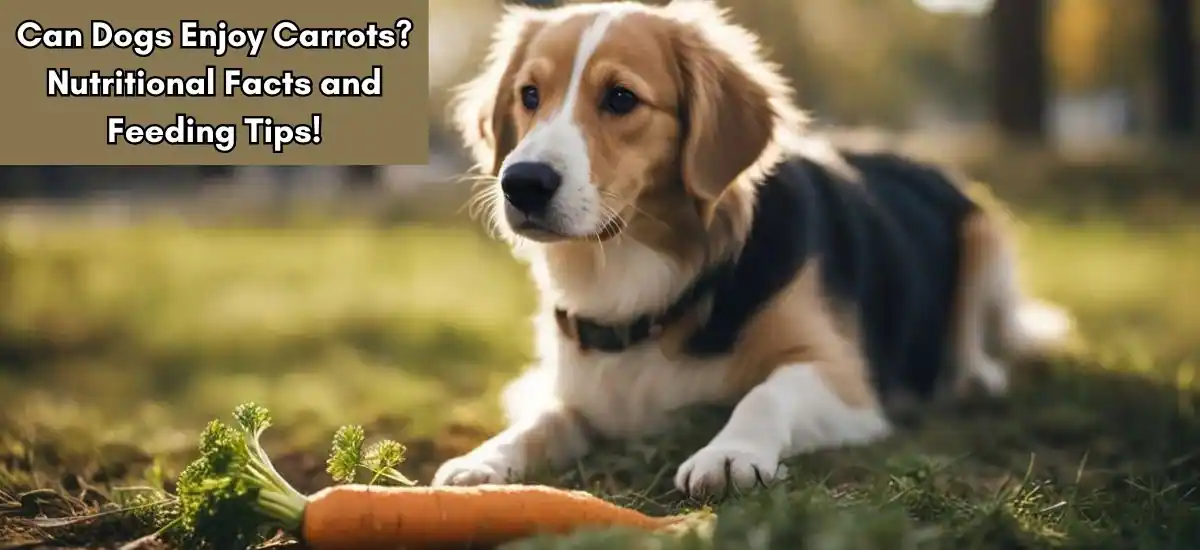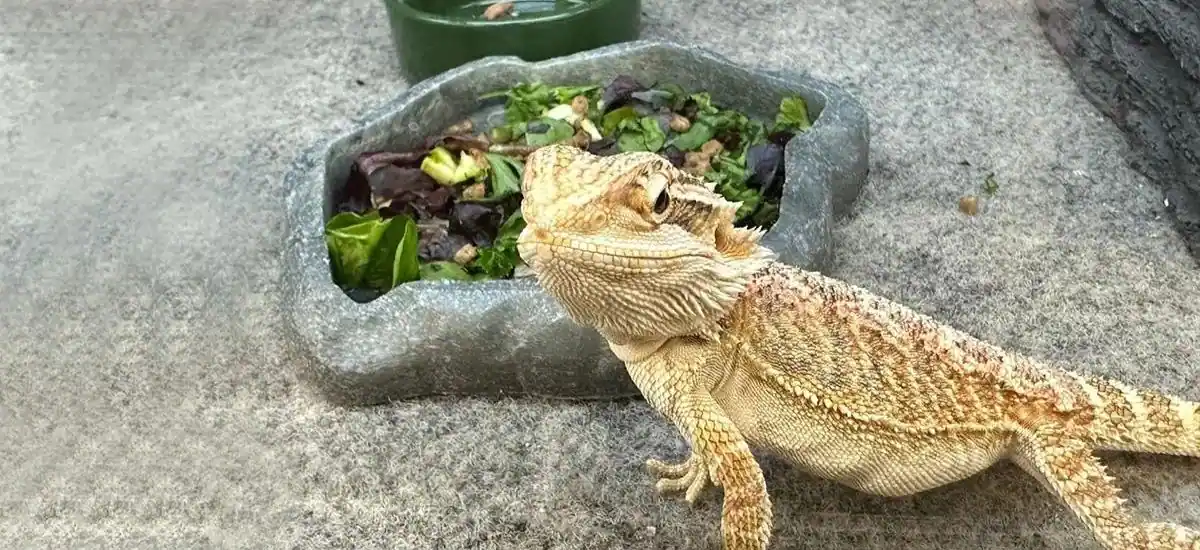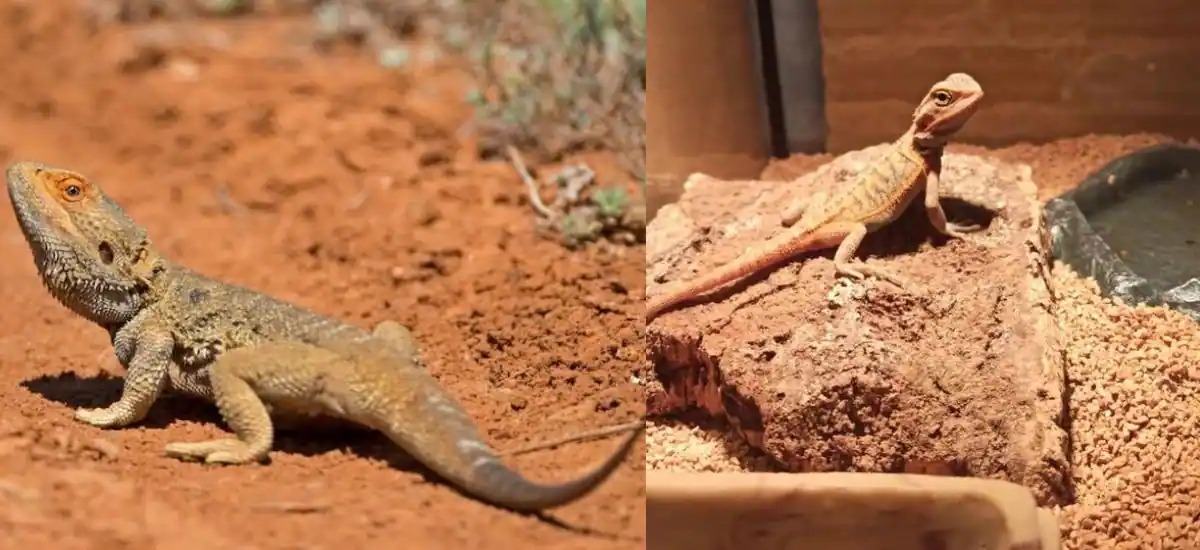Many pet owners wonder if this crunchy snack is safe for their furry friends. The short answer is: Yes, dogs can have carrots! Not only are they safe, but they also come with a host of health benefits. Let’s dive into why carrots might just become your dog’s new favorite treat and how you can incorporate them into their diet in a fun and healthy way.
Nutritional Benefits of Carrots for Dogs
Carrots are packed with nutrients that can be beneficial for dogs. Here’s a closer look at some of the key vitamins and minerals found in carrots:
| Nutrient | Benefits |
| Vitamin A | Essential for maintaining healthy vision, supporting the immune system, and promoting overall growth and development. |
| Vitamin K | Important for proper blood clotting and bone health. |
| Vitamin C | Helps in boosting the immune system and promoting skin health. |
| Fiber | Aids in digestion and helps maintain a healthy gut. |
| Antioxidants | Protect cells from damage by free radicals, supporting overall health and longevity. |
Carrots offer several health benefits for dogs:
- Improved Vision: The high content of Vitamin A supports eye health and can help maintain good vision.
- Better Digestion: The dietary fiber in carrots aids in digestion, promoting a healthy gut and preventing constipation.
- Enhanced Immune System: Vitamins and antioxidants in carrots boost the immune system, helping your dog fight off illnesses.
Are Carrots Safe for Dogs?
Carrots are generally safe for dogs to eat, but there are a few considerations to keep in mind:
- Raw vs. Cooked Carrots: Both raw and cooked carrots are safe for dogs. However, raw carrots can be a bit tough and may pose a choking hazard, especially for small dogs. Cooking carrots makes them softer and easier to chew.
- Potential Risks:
- Choking Hazards: Always cut carrots into small, manageable pieces to prevent choking.
- Moderation: While carrots are healthy, they should be given in moderation. Too many carrots can lead to digestive issues due to their high fiber content.
How to Feed Carrots to Dogs
Feeding carrots to your dog can be simple and enjoyable if done correctly. Here’s how to prepare and serve them:
- Proper Preparation Methods:
- Slicing or Dicing: Cut carrots into small, bite-sized pieces to prevent choking hazards.
- Cooking: Steaming or boiling carrots makes them softer and easier to chew, especially for older dogs or those with dental issues.
- Serving Frozen: Frozen carrot pieces can be a refreshing and soothing treat, particularly during hot weather.
- Recommended Serving Sizes:
- Small dogs: A few small pieces per day.
- Medium dogs: Half a carrot per day.
- Large dogs: One full carrot per day.
- Age and Size Considerations:
- Puppies: Introduce carrots slowly to ensure they don’t cause any digestive upset.
- Adult Dogs: Carrots can be a regular part of their diet in moderation.
- Senior Dogs: Ensure carrots are cooked and soft to prevent any issues with chewing.
How Much Carrot Can I Give My Dog?
Determining the right amount of carrot to feed your dog is important to ensure they receive the benefits without overindulgence.
- Guidelines for Portion Sizes:
- Small Dogs: 1-2 baby carrots or equivalent small pieces per day.
- Medium Dogs: Half a carrot or 3-4 baby carrots per day.
- Large Dogs: One full carrot or 5-6 baby carrots per day.
- Frequency of Feeding:
- Carrots can be given as a treat or snack daily but should not replace a balanced diet.
- Balancing Carrots with Other Parts of the Diet:
- Ensure that the overall diet remains balanced with proteins, fats, and other essential nutrients. Carrots should complement, not replace, these core dietary components.
How to Know If Your Dog Has a Sensitivity or Allergy to Carrots
While carrots are generally safe, some dogs might have sensitivities or allergies. It’s essential to monitor your dog’s reaction when introducing new foods.
- Common Symptoms of Food Sensitivity or Allergy:
| Symptom | Description |
| Digestive Upset | Diarrhea, vomiting, or excessive gas. |
| Skin Irritation | Redness, itching, or hives. |
| Respiratory Issues | Sneezing, coughing, or difficulty breathing (less common). |
- Monitoring Your Dog’s Reaction:
- Introduce carrots slowly and watch for any adverse reactions.
- Keep a food diary to track what your dog eats and any potential symptoms.
- Steps to Take If an Allergic Reaction Occurs:
- Discontinue feeding carrots immediately.
- Consult your veterinarian for advice and possible treatment options.
- Importance of Consulting a Vet:
- Always consult with your veterinarian before introducing new foods to your dog’s diet, especially if your dog has a history of food sensitivities or allergies.
Creative Ways to Serve Carrots to Dogs
Feeding carrots to your dog doesn’t have to be boring. Here are some fun and creative ways to incorporate this nutritious vegetable into your dog’s diet:
- Simple Carrot Treats:
- Raw Carrot Sticks: Perfect for a quick and easy snack.
- Frozen Carrot Cubes: Great for teething puppies or as a refreshing treat on hot days.
- Incorporating Carrots into Meals:
- Mixed with Dog Food: Grate or chop carrots and mix them into your dog’s regular food to add some crunch and extra nutrition.
- Carrot Puree: Steam and blend carrots into a puree to mix with kibble or wet food.
- Homemade Carrot-Based Dog Treat Recipes:
- Carrot and Peanut Butter Biscuits:
- Ingredients: Carrots, peanut butter, whole wheat flour, eggs.
- Instructions: Mix grated carrots with other ingredients, form into biscuits, and bake.
- Carrot and Apple Dog Cookies:
- Ingredients: Carrots, apples, oats, eggs.
- Instructions: Combine finely chopped carrots and apples with oats and eggs, shape into cookies, and bake.
- Carrot and Peanut Butter Biscuits:
Frequently Asked Questions
Q1: Can puppies eat carrots?
- Answer: Yes, puppies can eat carrots. Introduce them slowly and in small amounts to ensure they don’t cause digestive upset.
Q2: How often can I give my dog carrots?
- Answer: Carrots can be given daily as a treat or snack, but they should not replace a balanced diet.
Q3: Can carrots be used as a regular treat?
- Answer: Yes, carrots make an excellent low-calorie treat that can be used regularly.
Q4: Are carrot tops safe for dogs?
- Answer: Carrot tops are generally safe for dogs, but they should be given in moderation and washed thoroughly to remove any pesticides or dirt.
Q5: What if my dog doesn’t like carrots?
- Answer: If your dog doesn’t like carrots, try preparing them differently (e.g., cooked or pureed) or mixing them with other foods they enjoy.
Conclusion
Carrots can be a healthy and enjoyable treat for your dog when given in moderation and prepared correctly. They offer numerous nutritional benefits, from improved vision to better digestion. Always monitor your dog for any signs of allergic reactions or sensitivities and consult your veterinarian before making significant changes to their diet. Remember, a balanced diet is key to a happy, healthy dog.
Related Posts:-
Can Bearded Dragons Eat Bell Peppers? (Full Guide)
Bearded Dragon Third Eye Explained





